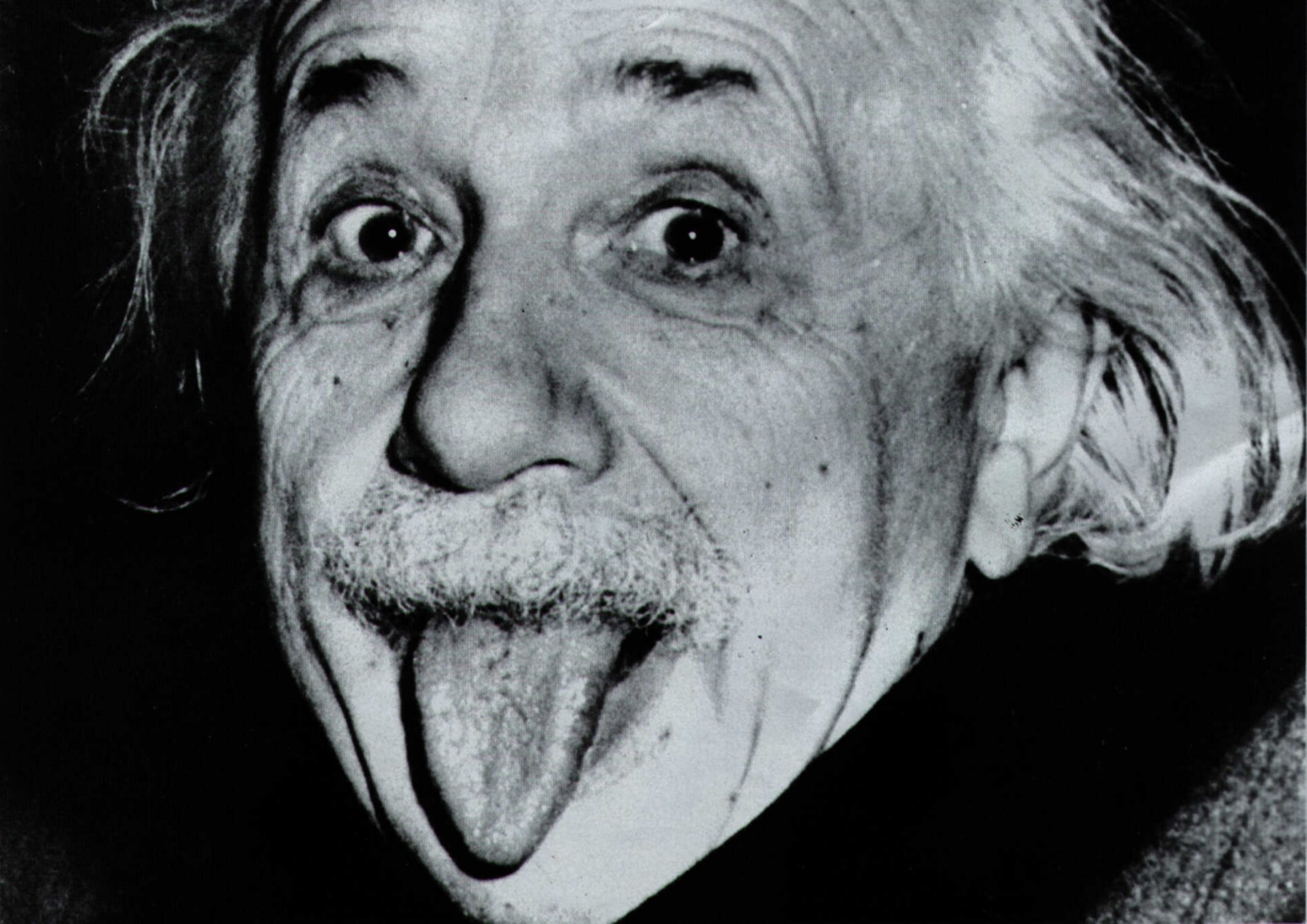“Insanity: doing the same thing over and over again and expecting different results.” -Albert Einstein
Central banks are doing everything in their power to try to boost their weak economies right now. The amount of global QE is staggering and totally unprecedented.
The Pace Of QE-Mania Is At The Highest Level Ever https://t.co/6vRkx8hrV3 by @OtterWoodCapM pic.twitter.com/gJk016XHl5
— Jesse Felder (@jessefelder) September 14, 2016
Financial markets have certainly responded well in recent years but these extraordinary policies haven’t had anywhere near the intended effect on the global economy. Why is that?
"One in six prime-age guys has no job; it's kind of worse than it was in the depression in 1940." https://t.co/Ke1L9kFHd0
— Jesse Felder (@jessefelder) September 7, 2016
Jeff Snider makes a compelling case by explaining, “There is no money in monetary policy. The ‘clogged transmission channel’ isn’t clogged at all, it just doesn’t exist.” In short, so called “shadow banking” has taken effective control of the global monetary system while central banks have remained wed to outdated frameworks.
"Global money system moved on without central banks bothering to notice." –@JeffSnider_AIP https://t.co/YtPysQ5FoL pic.twitter.com/1xCa4PN98T
— Jesse Felder (@jessefelder) September 14, 2016
Then again, it could just be that central banks’ ability to inspire greater and greater debt creation has simply reached its limit.
'Once you reach the end of the debt super-cycle monetary policy is essentially pushing on a string.' https://t.co/5K8izSnDpK
— Jesse Felder (@jessefelder) September 14, 2016
Consumers are now up to their eyeballs in debt…
Chart: US consumer credit (excluding mortgages) as % of the GDP over the past 70 years – pic.twitter.com/7FAxn13xuu
— (((SoberLook))) (@SoberLook) September 8, 2016
…as are corporations.
Corporate America is now more leveraged than ever https://t.co/qsHoeJmdMk pic.twitter.com/F6pMd3vvVU
— Jesse Felder (@jessefelder) September 13, 2016
Maybe they ought to start asking a very simple question before engaging in any further extreme policy: “Does it work?”
Attn: Central Bankers https://t.co/Lb6HCXnYN3
— Jesse Felder (@jessefelder) September 13, 2016
In that light, there simply is no evidence at all that extraordinary monetary policy does any good whatsoever.
Failed Transmission: Evidence on the Futility of Activist Fed Policy- Hussman 9/5/16 Comment https://t.co/NpoeeFTD9i pic.twitter.com/6qoI6QFDGu
— HussmanFunds (@HussmanFunds) September 2, 2016
Perhaps a more important question to ask then is: ‘What are long-term consequences of explicitly boosting asset prices and debt creation in such a massive way without achieving any concomitant boost in underlying economic fundamentals?’
'Central banks have created a tremendous increase in hidden risk.' https://t.co/P9vUBTTVHq
— Jesse Felder (@jessefelder) September 14, 2016
Related:
The Greatest Money Manager Alive Attributes The Majority Of His Success To Just This One Thing
